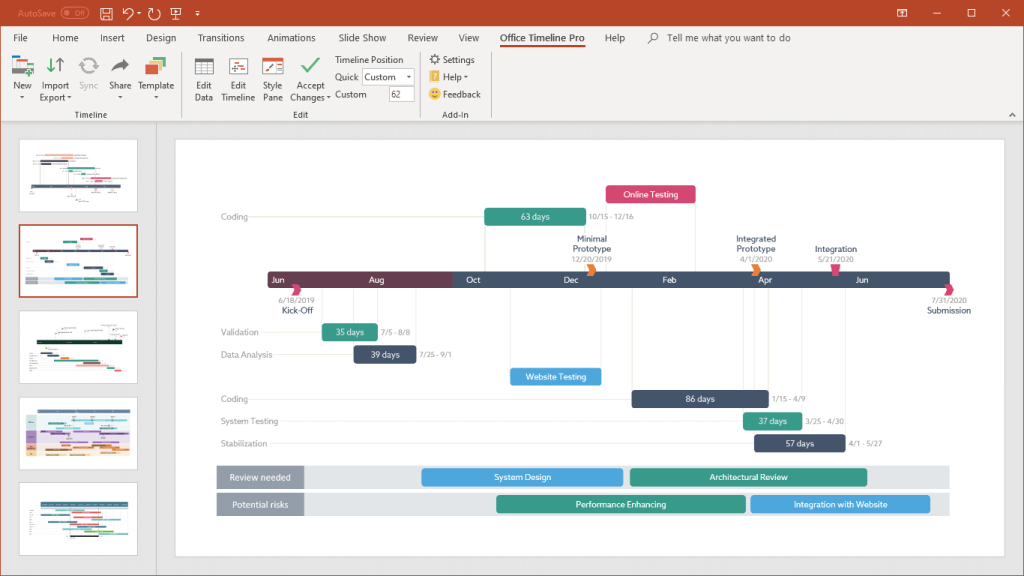
Project focused organizations and teams value soft skills because they help with the successful delivery of almost any project, particularly projects that require cross organization collaboration and projects that are complex and risky.
Here are our Top 5 “Must Have Soft Skills for Project Managers:”
- Emotional Intelligence
- Ethics and Integrity
- People Management
- Adaptive Communication
- Listening
1. Emotional Intelligence
In the enterprise, this soft skill describes a Project Manager’s self-awareness, their social awareness and their relationship awareness. Broadly speaking this means the ability they have to recognize their own emotions, as well as the emotions of the others contributing to the project. It is on our “must have” list because it includes the skill of regulating emotions in the right way, at the right time so PMs can handle challenging situations calmly and objectively. Developing this soft skill will enable PMs to:
- Find common ground and build trust more easily with the people and stakeholders involved with the project.
- Read the emotions of team members and empathize better.
- Anticipate team dynamics by seeing how team members are interacting verbally and non-verbally.
- Be open and adaptable to internal and external changes by staying focused on the big picture.
- Be aware of personal stress and team stress and mindful of how this impacts productivity.
2. Ethics and Integrity
Of course ethics sounds like a no-branier on any list. However in the project world being honest about intentions, consistently transparent, accountable, and reliable in delivering commitments are hugely important things. It is number 2 on our list because each PM is actually a leader, and integrity is a sought after leadership quality in the enterprise.
PMOs recognize their project managers are not only representing the project they are working on, but also representing the company to their clients, executives and partners. For PMs, developing muscle around ethics and integrity also strengthens their personal brand within the team, and importantly, with management and customers. Here are some focus areas to strengthen this soft skill:
- Accountability for keeping and delivering commitments you made.
- Keeping actions consistent with your principles.
- Taking on tough issues directly and honestly, especially when things go wrong.
- Establishing a proactive communication process that is fiercely transparent.
- Consistently making decisions fairly, without favoritism or prejudice.
- Taking ownership and responsibility of the end result without shifting blame.
3. People Management
The key to delivering any project successfully is the people on the project team. Beyond the project team, a project manager will also need to be engaged with outside contributors, stakeholders and other people related to the project. Managing all the people involved in a project will require PMs draw on some of the previously mentioned soft skills such as self-awareness, the ability to empathize well, good communication and the ability to form trust based relationships. Ultimately the PMs mission is to move projects forward successfully. This means managing people – managing up, managing down, managing laterally and managing beyond the organization.
It is a broadly studied subject with many experts who know a lot, however, in the PM world having competency around People Management is so critical that it makes it onto our Top 5 “must do’ list. To develop these skills, here are 12 disciplines Project Managers can by attention to:
- Stand up for your team always.
- Clearly communicate a project vision and it’s goals.
- Inspire and motivate others to secure their commitment.
- Keep people focused on the big goal.
- Create an environment where people cross-collaborate easily.
- Support by removing barriers others may have.
- Be personally engaged with all people involved in the project.
- Share information transparently and receive information openly.
- Stay positive and refrain from any complaining.
- Handle personality differences by focusing people on achieving the task.
- Tailor your motivational techniques to each individuals needs.
- Manage up openly and often to avoid surprises.
4. Adaptive Communication
Developing a consistent, clear and proactive communications style is a “must do.” The ability to communicate anything about the project – plans, ideas and reviews – to anyone related to the project – staff, clients, partners and executives – in a way where you are heard, understood and recognized is critical for the success of your project.
Recognize that not all audiences are the same and the ability to flex communication styles and content so to deliver the right messages to the right audience at the right time is a valuable and important soft skill for project managers. Failing to adapt communication styles may compromise a PMs ability to influence executives, cooperate with partners or orchestrate cross organization teaming.
For example executives don’t want to see PM level details in a project review, rather than a high level summary. And vice-versa, project staff can’t operate on high level summary rather than a detailed project report. Project managers who are aware of the needs of each audience will be mindful of how best to communicate to them. Being proficient in adapting communications requires project managers:
- Are aware of what is most important to the colleagues, staff, clients, partners and execs they are communicating with.
- Flex their communication styles on-the-fly to fit the needs of their target audiences.
- Are competent with multiple communication vehicles and can match the most the efficient medium for each audience.
- Anticipate which issues could be triggers for their audience and are prepared to handle tough discussions.
- Listen deeply, without emotion and are open to what is being communicated back.
5. Listening
What? Yes, listening made our PM “must do” list. Focused listening is a powerful soft skill in project management and one that is actually more difficult than it sounds on the surface. Many people say they are great communicators, but few may say they are really good at deep focused listening. Busy project managers are not prepared to do this kind of listening every day. It requires a disciplined effort to listen with a strong intention to understand what is really being communicated.
Listening deeply is an interpersonal skill that, not only helps PMs build trust with others, but also can help them detect un-anticipated risk early. For PMs some practices that can be incorporated into their daily work rhythms include:
- Going into discussions prepared to listen without distraction.
- Apply patience by not interrupting others and pausing before responding.
- Avoid making assumptions or jumping to conclusions.
- Ask probing questions that enrich the discussion at the right moments.
- Try to be aware of what purposely may not being communicated and why.
Unlike hard skills, soft skills are difficult to teach and therefore it is difficult for enterprises to provide effective training. For some PMs soft skills come naturally; others will need to learn them but they can be learned. Learning begins with awareness and a desire to improve. With awareness, PMs will see others around the company using soft skills and pay attention to those who have mastered one or several soft skills. But like anything it requires practice to improve, and those who apply a consistent focus on one or several of these soft skills will improve as Project Managers.

Turn project data into professional timelines
Get the advanced features of Office Timeline Pro+ free for 14 days.
Get free trial